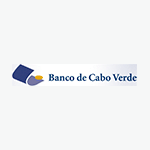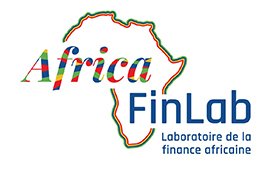Cape Verde's economic growth is projected at 7.1 percent in 2021, following a contraction of 14.8 percent in 2020 . Inflation rose from 0.6 percent in 2020 to 1.8 percent in 2021, driven by high energy prices, rising domestic demand, accommodative monetary policy, and a credit line. The current account deficit has led to a decline in reserves from 7.2 months of import cover in 2020 to 6.7 months in 2021. The deficit is financed by FDI, portfolio inflows, and remittances. (Download detailed Analysis Source : Report African Economic Outlook 2022 ; AfDB)
At the end of 2016, the banking sector of the Capo Verde represented a total asset of $2.2 billion. Credit distributed to private sector in 2016 represents $ 1 billion. The Capo Verde Stock Exchange has 16 listed companies, representing, at the end of 2016, a market capitalization of $ 0.64 billion.



